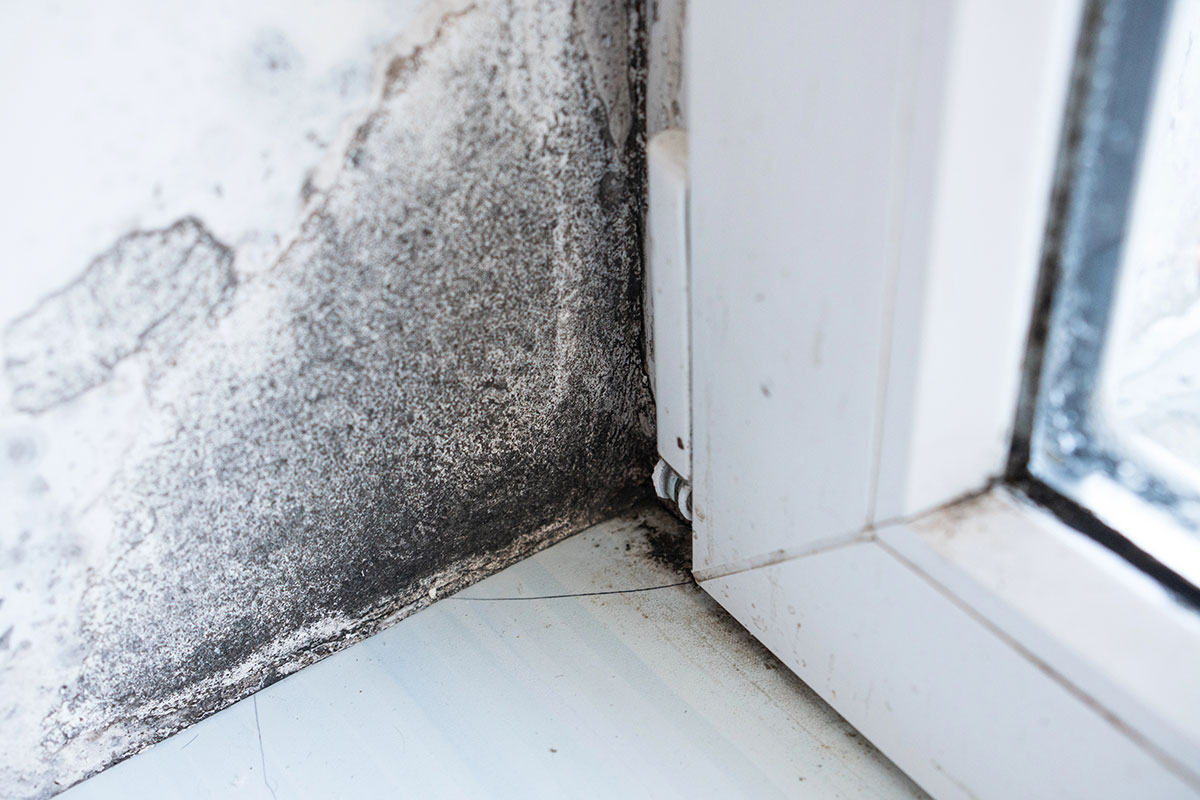Clean Air Day: 5 Ways Your Home Can Help You Breathe Easier
Clean Air Day: 5 Ways Your Home Can Help You Breathe Easier
It started with a cough.
Not a dramatic, chesty cough — just a little tickle that wouldn’t go away. Sarah, a homeowner in Colchester, chalked it up to allergies. But when her 10-year-old began waking up with headaches, and condensation started to collect on the bedroom windows, she knew something wasn’t right. As it turned out, poor indoor air quality was quietly affecting her family’s health.

On Clean Air Day, we’re reminded that the air we breathe indoors is just as important as what’s outside — especially when most of us spend up to 90% of our time inside our homes. In fact, indoor air can be up to five times more polluted than outdoor air, thanks to sources like damp, poor ventilation, and everyday household activities.
If you want to protect your family’s health, here are five ways your home can help you breathe easier — and how simple fixes can make a big difference.
1. Tackle Damp and Mould Before It Spreads
Damp walls aren’t just unsightly — they can harbour mould spores that trigger respiratory problems, asthma, and allergic reactions. According to the NHS, people living with mould in their homes are more likely to suffer from throat irritation and wheezing.
Common signs of damp include musty smells, peeling paint, or condensation on windows. In homes across North Essex and South Suffolk, this is often caused by leaky pipework, poor ventilation, or insulation gaps. Left untreated, it can silently impact your family’s health — especially vulnerable children or elderly relatives.
2. Improve Ventilation in Bathrooms and Kitchens
When steam lingers in the air, it creates the perfect conditions for condensation and mould. Bathrooms and kitchens are the biggest culprits, where showers, baths and cooking all release moisture.
Modern extractor fans, trickle vents, or even small structural changes like adding a window or vented roof panel can vastly improve air flow. If you’ve ever noticed black mould creeping along silicone seals or corners of ceilings, it’s time to act.
3. Keep Heating Systems in Top Shape
It’s easy to forget your boiler when it’s quietly doing its job in a cupboard — but faulty or poorly serviced boilers can release harmful gases like carbon monoxide. According to Gas Safe Register, one in five homes in the UK contain unsafe gas appliances.
An annual service isn’t just a tick-box task — it can protect your household from invisible dangers while keeping your home warm and energy-efficient.
4. Be Aware of Hidden Pollutants Indoors
Many homeowners are surprised to learn that simple things like scented candles, cleaning sprays, or even new furniture can emit volatile organic compounds (VOCs) — gases that may cause headaches, dizziness, and eye irritation.
To reduce these invisible pollutants:
-
Choose fragrance-free or natural cleaning products
-
Allow new furniture to “off-gas” in a ventilated space
-
Add air-purifying plants like peace lilies or spider plants
Cleaner air doesn’t always require high-tech solutions — just a few smart habits and informed choices.
5. Repair the Small Things That Let Air Quality Slip
Sometimes, the biggest problems come from the smallest faults — a cracked window seal, a dripping tap contributing to humidity, or a faulty extractor fan in the utility room.
At Infinity Home Services, we understand how everyday home maintenance connects to your health. From fixing ventilation systems to sealing windows and tackling damp, our trusted team helps homeowners across North Essex and South Suffolk make their homes healthier and safer.
Conclusion: Every Breath Counts
Clean Air Day isn’t just about emissions and traffic — it’s about what’s happening inside our homes, too. The air your children breathe while they sleep, the humidity after your morning shower, the old extractor fan that hasn’t been cleaned in years — they all play a role.
At Infinity Home Services, we believe that everyone deserves to breathe easy in their own home. Whether it’s improving airflow or treating a hidden damp patch, your home could be your first line of defence against air pollution.
So this Clean Air Day, take a moment to pause, look around your home — and ask yourself: what’s in the air you’re breathing?
Ready to Breathe Easier at Home?
If you’ve spotted signs of damp, mould, poor ventilation or just want peace of mind about your home’s air quality, Infinity Home Services is here to help.
Serving homes across North Essex and South Suffolk, our expert team can assess and repair the small issues before they become big problems.
Call us today on 0800 148 8088
or
Fill out our contact form below and we’ll get back to you promptly.
Let’s make your home a place where you and your family can truly breathe easier.


